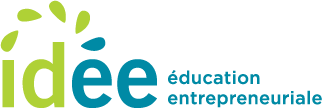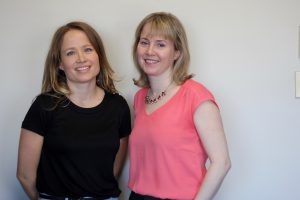L’accompagnement est la clé de voûte au succès d’une transformation réussie de votre école. Offrant un processus rigoureux, méthodique et flexible, nous partons du principe que chaque école est unique et qu’aucune ne part de zéro. Notre équipe personnalise la démarche en fonction de chaque environnement éducatif et de ses besoins pour que votre établissement devienne une école communautaire entrepreneuriale. L’école et sa communauté forment une alliance de sens pour, qu’ensemble, elles portent fièrement leur projet éducatif.
Three fundamental reasons support the educational idea behind ECEC
Here is the first of three blogs on 1) the school, 2) the community and 3) conscious entrepreneurship.
Part one: The school
The first element of the Conscious Entrepreneurial Community School (ECEC) is based on a new relationship between the school, the parents, various associations and foundations, as well as the socioeconomic environment. An organizational balance that fosters a more global education system has to be created. At the heart of the fundamental mission of the ECEC school-system, it is essential to contribute “to the education” and “the training” in order to offer children and adults of every age the tools that contribute to their success in society and personally.
The school has the educational and pedagogical knowledge and know-how. Its first mandate, throughout the world, is to educate. In Quebec (Canada), we added socialization and qualification to this basic mission (the triple mandate of the Quebec schools). Therefore, ECEC gave itself one further societal mission, which is to significantly contribute to the Conscious Entrepreneurship Learning Program (CELP) within the Pedagogical and Educational Approach in Conscious Entrepreneurship (PEACE) through a philosophy of conscious entrepreneurship. Each child from the elementary and high school levels as well as each student or adult student can better succeed in school, while learning globally.
Imperatively, this means that we must take into account a variety of elements that have to be included in the educational project, starting with health and culture. Also, we are convinced that technology cannot be ignored in the 21st century. We also need to agree to a vested right for educators to use innovative pedagogies, without forgetting the basic idea of balance between school learning and global learning. Finally, we need to keep a constant eye on new skills such as empowerment, the undertaking of entrepreneurial projects and creating innovation consciously, responsibly and independently, as well as in teams.
Through CELP and PEACE, other educational objectives guide this pedagogy. There are three strengths (the 3 Ds): diagnosis, dynamic, determination; three attitudes: community commitment, constant search of innovation, cultural pride and identity; and twelve qualities: self-confidence, respect for others, team spirit, organization, solidarity, responsibility, initiative, ingeniosity/creativity, leadership, entrepreneurial conscience, independent learning and humanization. These characteristics form the exit profile in conscious entrepreneurship among the children who attend ECECs.
The ECEC philosophy is based on two priorities on which rests the concept of global learning. The first is personal development (five axis) and the other is societal development (three axis)
The global idea is to make it so that the children, youth or adult be more apt to make choices that allow them to discover their talents, strengths and passions and to develop them.
RINO LÉVESQUE











0 Comment
Would you like to join the discussion? Feel free to contribute!